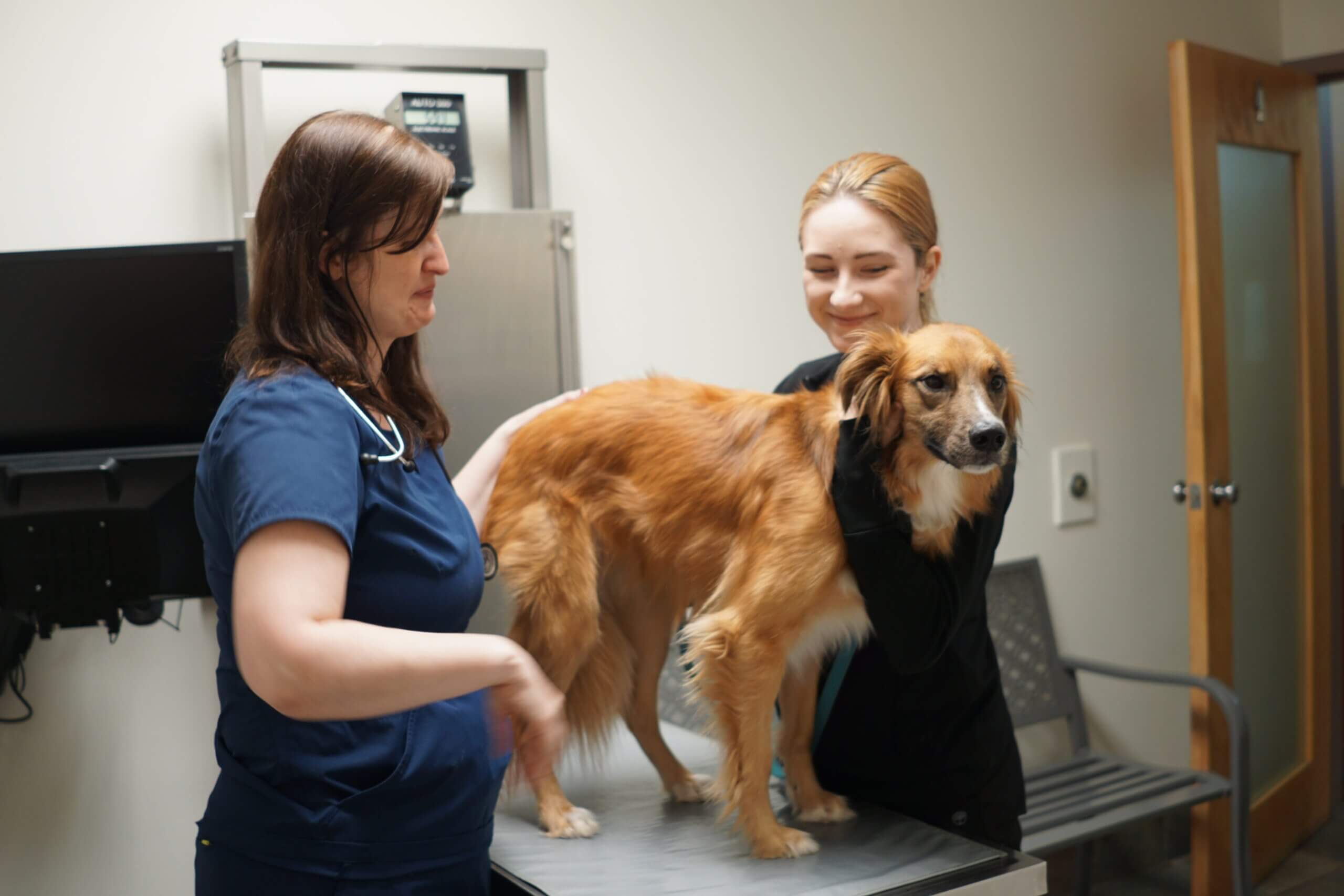
November is Senior Pet Month, and that brings a time to sit back and reflect on the changes you may be facing with your aging pet. As your beloved companion gets older, you may notice their mobility and energy levels decreasing and their health needs increasing. To ensure they are comfortable and supported during these changing times, we’re here to help you understand senior pet care needs.
Senior Pet Health Challenges
The term senior does not equate to illness or health struggles. However, senior pets are, in fact, at a higher risk of developing unfavorable health conditions than younger pets. Some commonly seen health concerns in senior pets include:
- Various types of cancer
- Arthritis
- Liver and kidney disease
- Heart disease
- Dental disease
- Cognitive dysfunction
- Neurological concerns
How to Combat Health Conditions In Senior Pets
Some health conditions are simply out of our control. However, these issues do not develop overnight. Many illnesses and diseases offer warning signs, and even for pet’s that display zero indication of issues, there is a way to get ahead of the problem: preventative veterinary care. While veterinary guidance is always recommended, it becomes increasingly crucial the older your pet gets. Your veterinarian can help you adopt new ways to support your pet as they age, assist with nutritional changes, and ensure your pet stays current with any medications or vaccination needs.
Change You Can Make At Home
Beyond veterinary care, your pet’s home environment plays an instrumental role in their health, comfort, and happiness, especially as they get older. Senior pets may have new-found challenges when it comes to lifting their body, getting comfortable, navigating slippery flooring, or using stairs inside your home. To ease the strain on their body, we recommend the following environmental changes:
- Incorporate non-slip mats or carpets on your hardwood floors.
- Invest in an orthopedic bed to reduce pressure on your pet’s joints, bones, and muscles.
- Place small benches or ramps to help your pet get onto comfortable surfaces.
- Place your pet’s food and water in an easy-to-access location.
- Upgrade your cat’s litter box to a low, wide litter box to ease access and mitigate accidents.
- Place potty pads indoors to assist your dog with potty needs.
Make your pet’s senior years bright, healthy, and memorable by reaching out to your trusted veterinarian today to discuss supporting your pet through their aging process.
